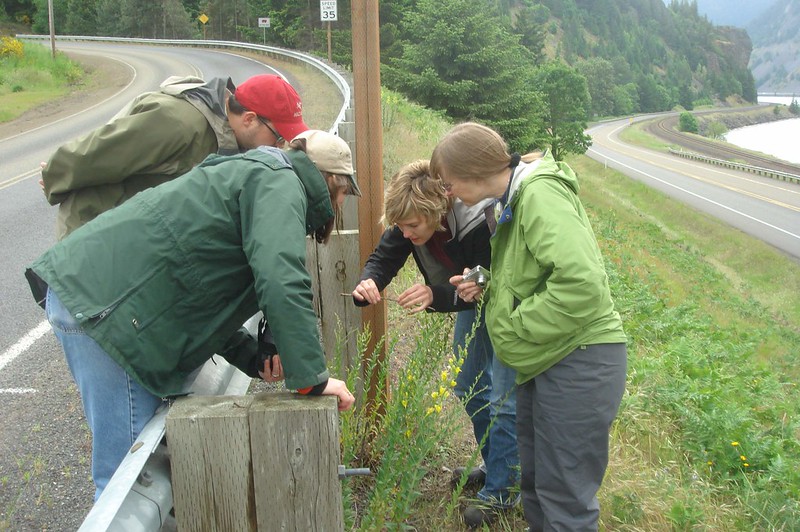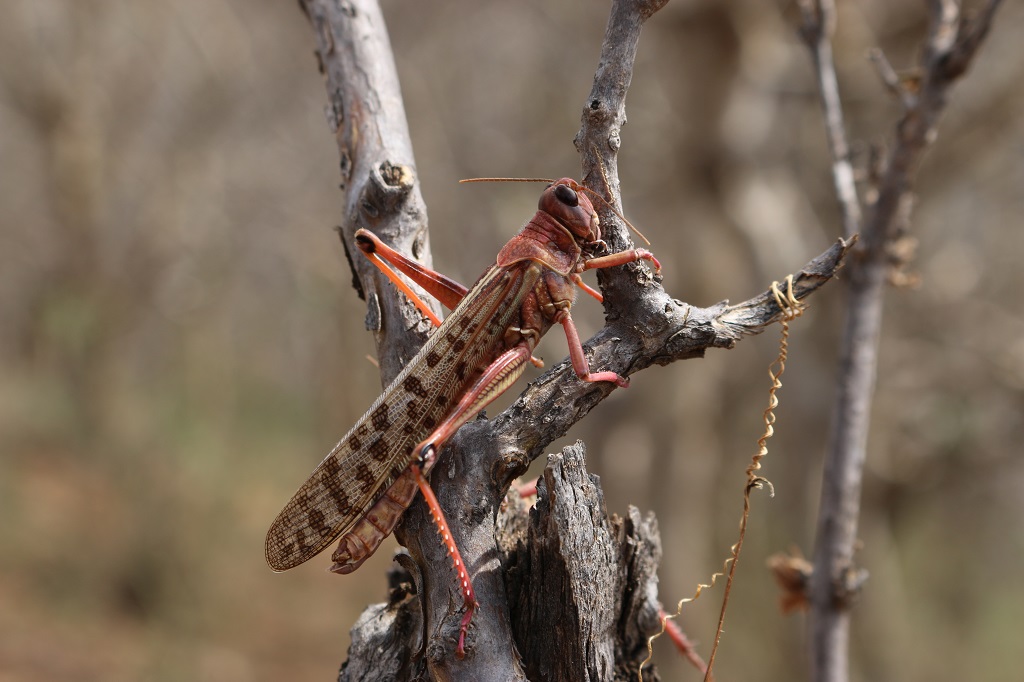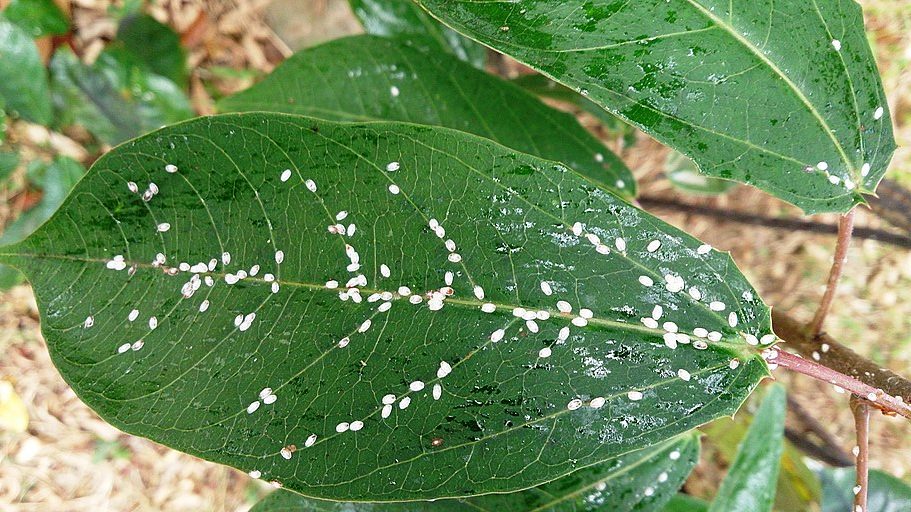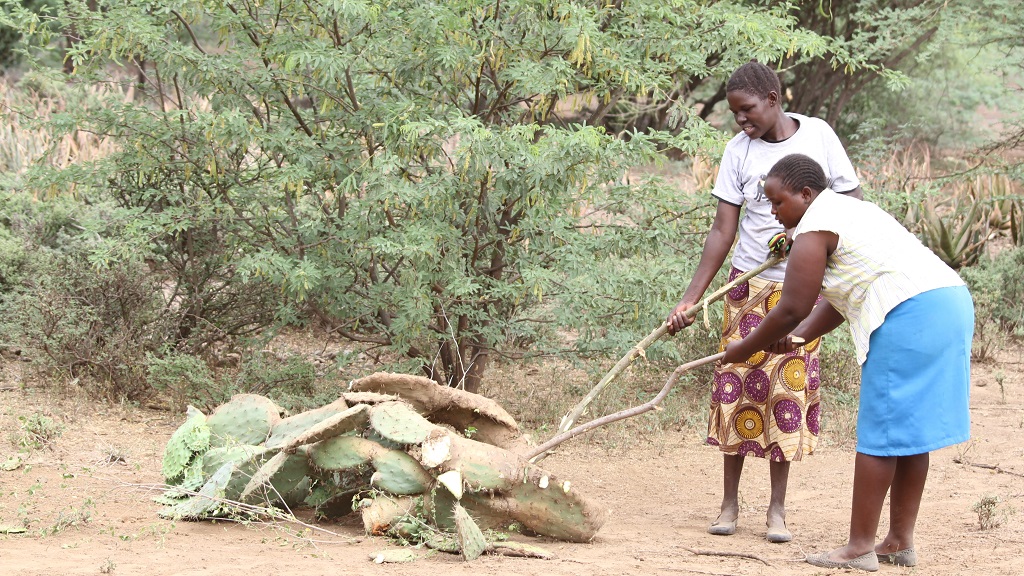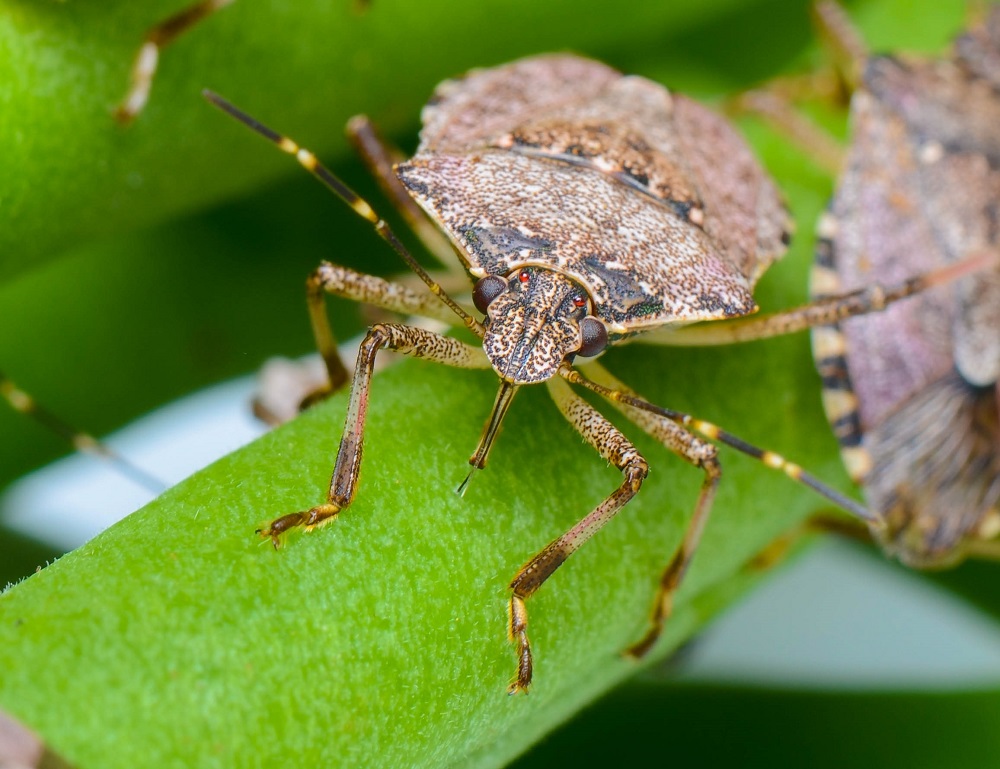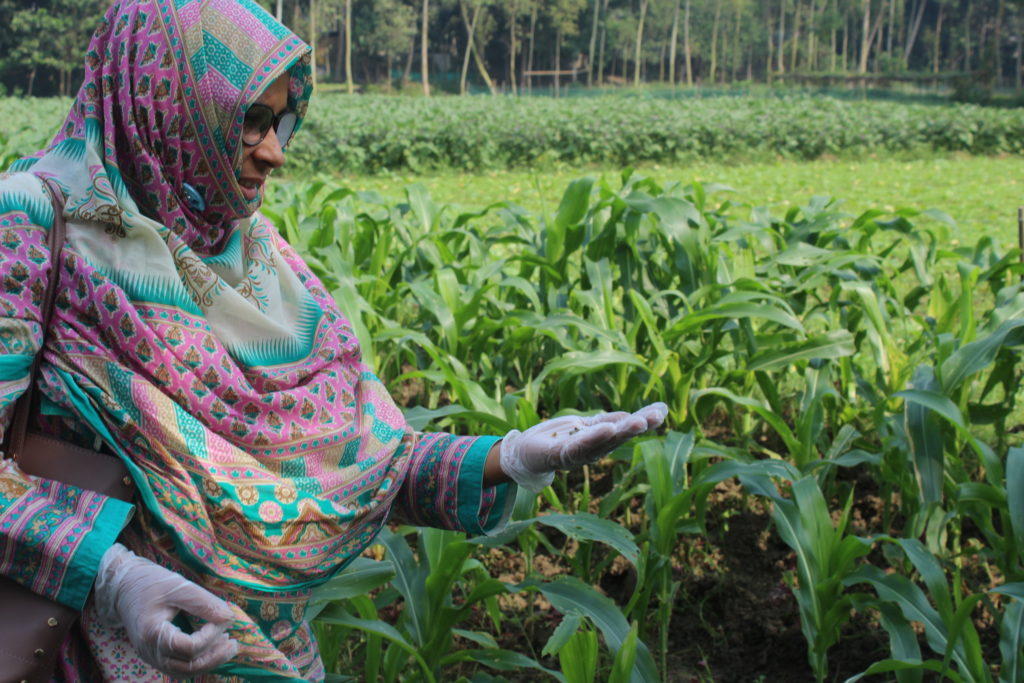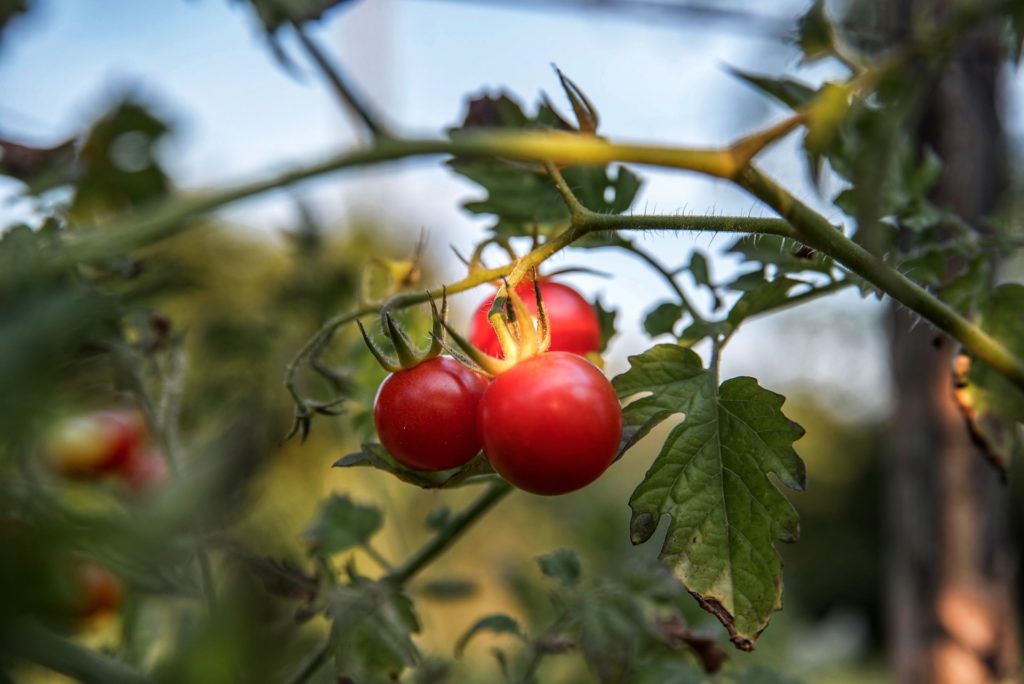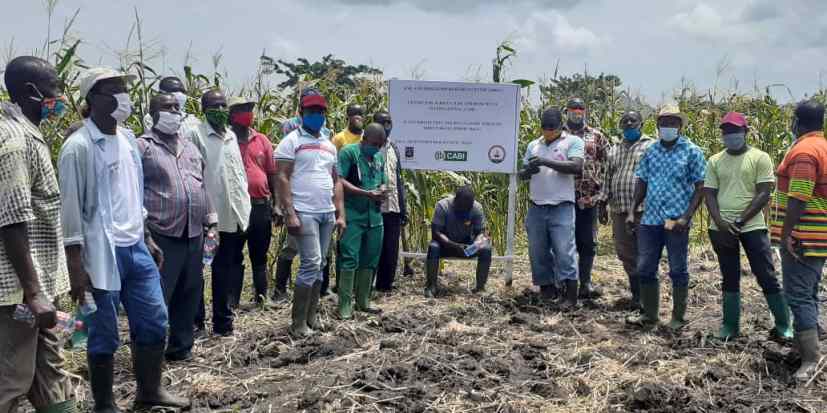Busy in biocontrol: spotlight on weed researcher Jennifer Andreas
Meet Jennifer Andreas, who has collaborated with CABI on a number of biological control projects since 2000, in this profile originally published by the North American Invasive Species Management Association (NAISMA).
CABI supports first Dutch field trials with exotic insect to combat Japanese knotweed
For the first time in the Netherlands, an exotic insect species is released into the wild to combat a harmful plant species. The Japanese knotweed psyllid should offer relief against the rampant Asian knotweed. Suzanne Lommen of the Institute of Biology Leiden is coordinating the field trials as part of a consortium which includes CABI,…
A plague during a pandemic: how to increase resilience against the desert locust outbreak
On 12 October, as part of a virtual side event for the World Food Prize’s annual Borlaug Dialogue, CABI hosted a panel session on A plague during a pandemic: how to increase resilience against the desert locust outbreak. The webinar aimed to communicate the urgent need for a comprehensive and coordinated response to this year’s…
Coronavirus and invasive species
This article was originally published on the CHAP blog. Dr Richard Shaw is Country Director and Regional Coordinator Invasives at CABI UK. Using his invasive species expertise, he examines the global spread of coronavirus
Do invasive species impact men and women differently?
We know that invasive species – whose introduction and spread threaten biodiversity – disproportionately affect communities in poor rural areas who depend on agriculture and natural resources for their livelihood. But do gender roles and relationships in agriculture influence the way men and women experience the impact of invasive species?
Extreme climate change could ‘more than double’ areas suitable for devastating fruit and nut pest
Scientists fear that extreme climate change could ‘more than double’ areas suitable for the devastating fruit and nut pest – the brown marmorated stink bug (Halyomorpha halys) – which is already posing a significant risk to crops in Europe, North America and East Asia where it originates.
Fostering collaborations for utilizing and promoting biocontrol agents to fight fall armyworm in Bangladesh
By Nirmal K. Dutta, Debasish Sarker, Manju Thakur, and Malvika Chaudhary Driven by changing climatic conditions and by increases in globalization and trade, the highly destructive pest, fall armyworm (FAW) has made its way towards Asia after invading Africa. After being reported in India in 2018, it was subsequently reported by other countries in Asia…
Endophyte may protect tomatoes from Tuta absoluta pest attack
Successful colonization of tomato seedlings with Beauveria bassiana fungus could reduce crop losses Trials in Brazil suggest seedling inoculation with the entomopathogenic fungus Beauveria bassiana could be a viable commercial option for marketing pre-colonized tomato plants ‘resistant’ to the tomato leaf miner Tuta absoluta.

